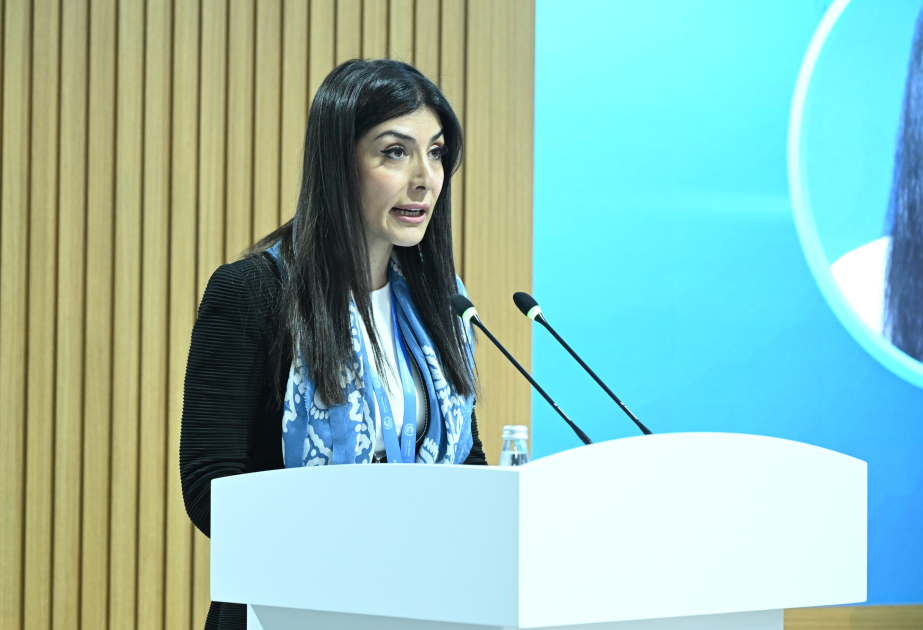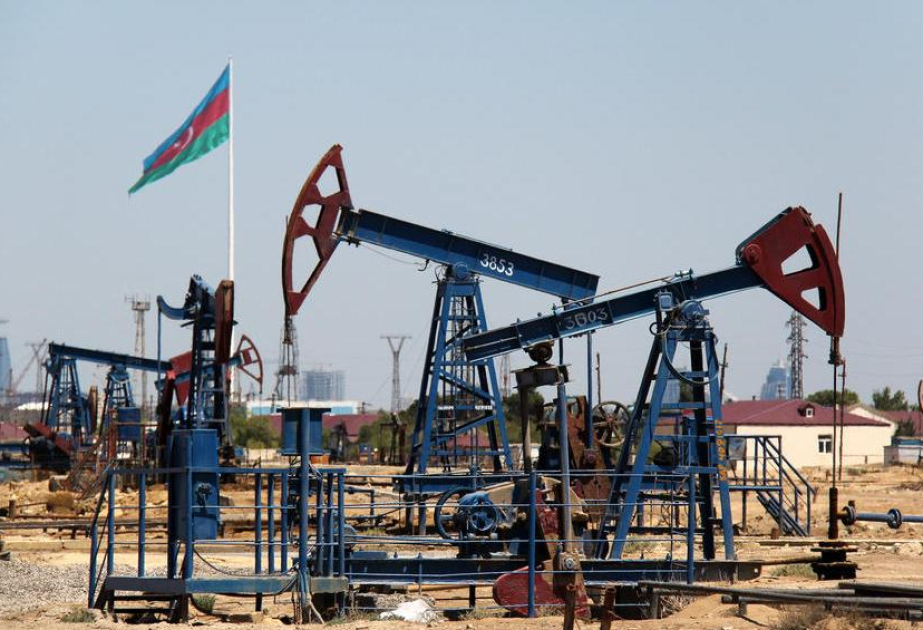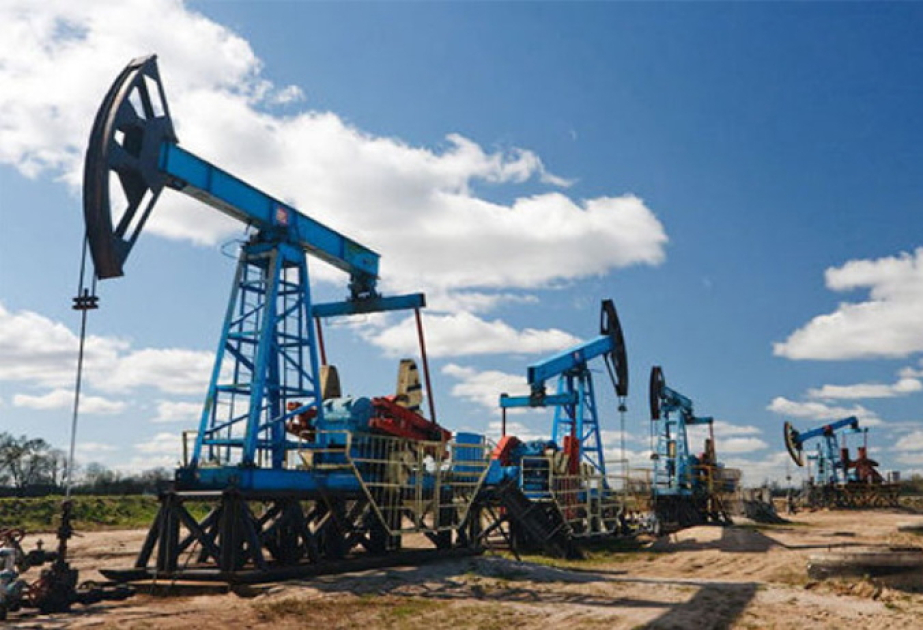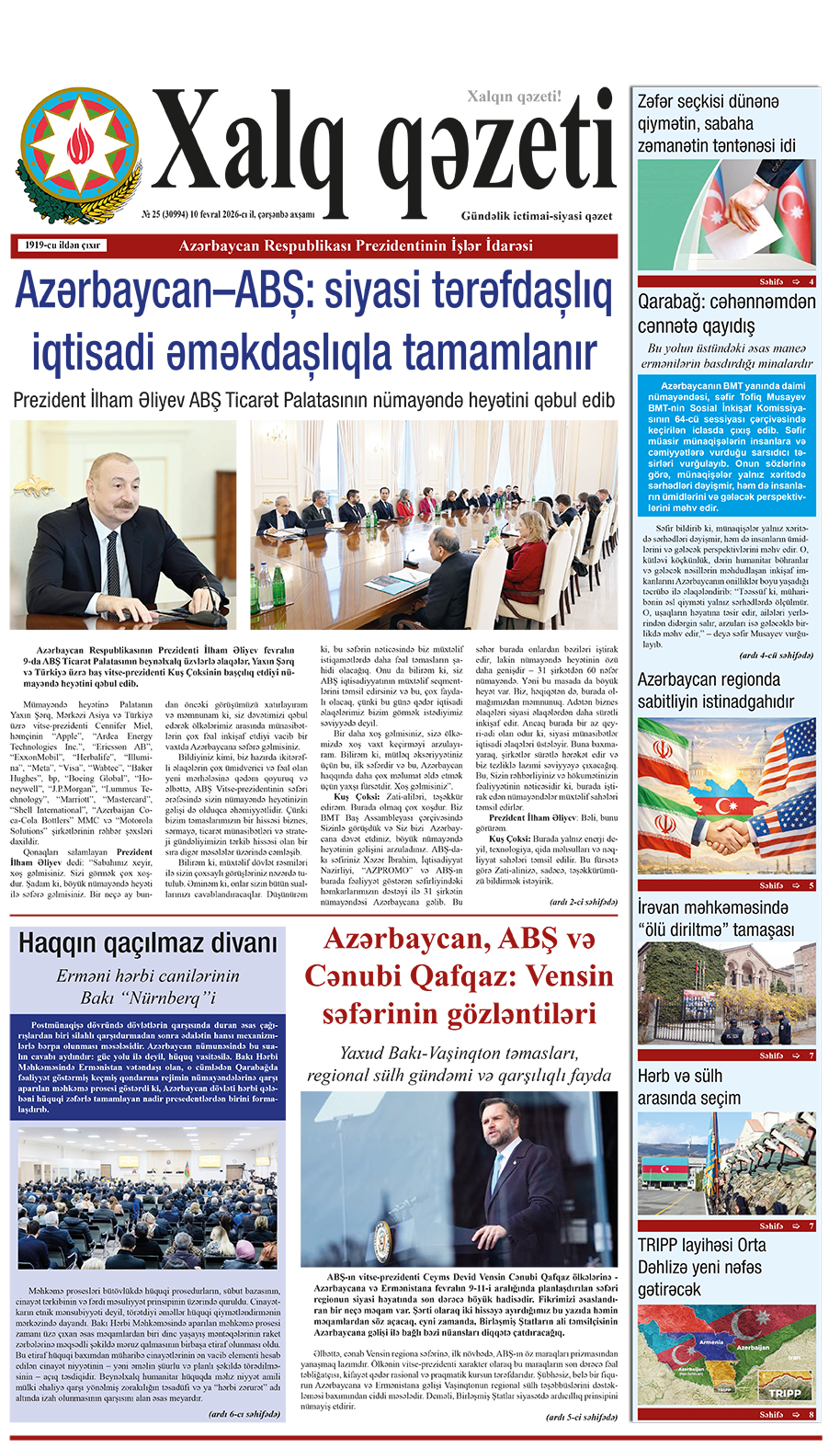“We see the impact of Climate Change and the vulnerability of the Caspian Sea to these challenges with our own eyes every day. The Caspian Sea is unique. It is the largest inland body of water in the world, a critical asset for our country, Azerbaijan, and for the region, as it is the largest natural resource for its littoral states, supporting our biodiversity, economy, and communities,” said Nigar Arpadarai, UN climate change high-level champion for COP29 Azerbaijan, as she addressed the international forum of NGOs themed “The Caspian Sea and Sustainable Development: Environmental Protection.”
“The Caspian Sea is a source of biodiversity for countries around it and a very important part of climate systems and ecosystem of these countries. The Caspian Sea is a closed sea and it is naturally very fragile. Its ecological balance is very easily damaged, and even though we’ve been studying Caspian Sea for many years now, we still do not fully know how it behaves, its complexities and behaviour changes.
In the context of COP29 there are global, regional and national agendas. And the Caspian Sea is a very vivid example of a unique and complex regional agenda, which provides an excellent opportunity for countries surrounding it uniting and defining a common vision and climate agenda. If we do everything right, we will have a positive impact not only on climate and environment, but also, on the economy and communities surrounding it. As we address these issues, the role of non-state actors, including businesses, universities, science and academia, is vital in developing sustainable solutions to help achieve climate resilience for the Caspian Sea,” Arpadarai added.




















